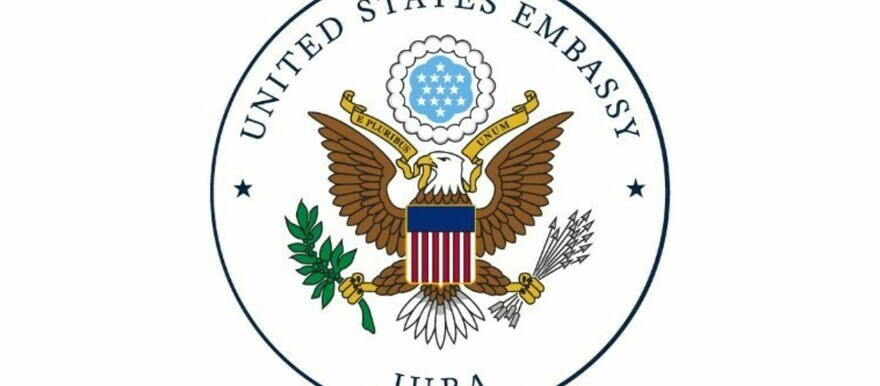The U.S. Agency for International Development (USAID) and the Food and Agriculture Organization of the United Nations (FAO) on Monday celebrated the many achievements of a five-and-a-half-year joint activity that began in 2017 and ended last month that improved the livelihoods, food security, and nutrition levels of 65,000 South Sudanese.
According to a USAID press statement on Monday, the Sustainable Agriculture for Economic Resiliency (SAFER) activity was implemented in Eastern Equatoria, Jonglei, Lakes, Northern Bahr el Ghazal, and Western Equatoria States where It worked with farmer groups and other grassroots cooperatives to improve the nutrition and dietary diversity from 15 percent to 65 percent of households that consumed more than six different food groups in a day.
“This activity provided essential support to help communities regain their livelihoods and improve their food security,” said USAID Mission Director for South Sudan Kate Crawford. “USAID continues to focus on supporting South Sudanese communities to build their resilience.” SAFER is a good example of how strategic investments can help communities shift from humanitarian assistance to self-sustainable development.
USAID said the SAFER activity established 20 beekeeping cooperative groups with 600 members and 13 shea-nut cooperative groups with 400 members and helped those producer groups reach a level of production quality that could soon result in the export of these products.
“It also established several milk bar centers in Jonglei and Northern Bahr el Ghazal States that sold milk and processed milk for cheese, yoghurt, and other products, creating employment and income-generation opportunities for women, and improving nutrition among children. Women benefited significantly from SAFER, as they represented 52 percent of the participants in its varied activities,” the statement read.
USAID said that the activity also supported 27 fishing groups with training, fishing hooks, nets, and cooler boxes, which helped fisherfolk increase their average fish catch, and taught them improved post-harvest handling and processing and preservation of fish.
In addition, SAFER helped farmers multiply seeds, helped communities establish village savings and loans associations, and provided information on literacy, hygiene practices, recordkeeping, business management, and preventing gender-based violence.




